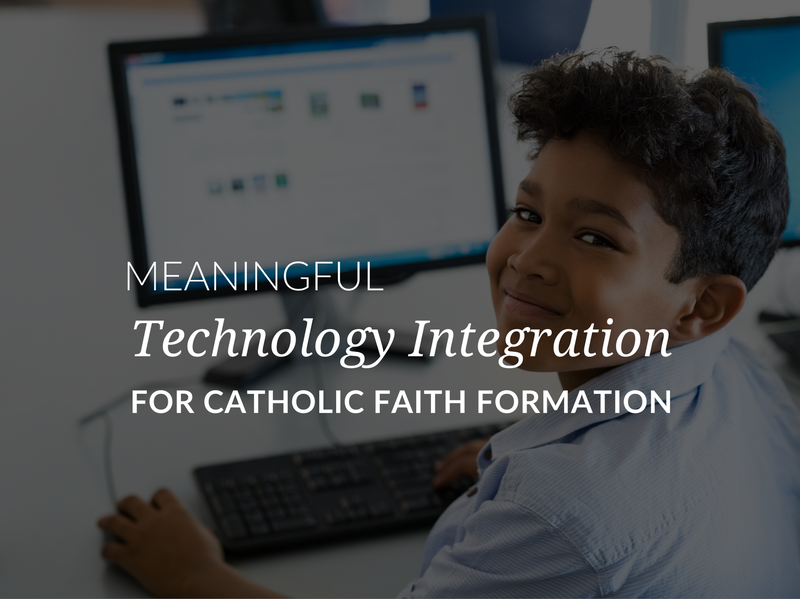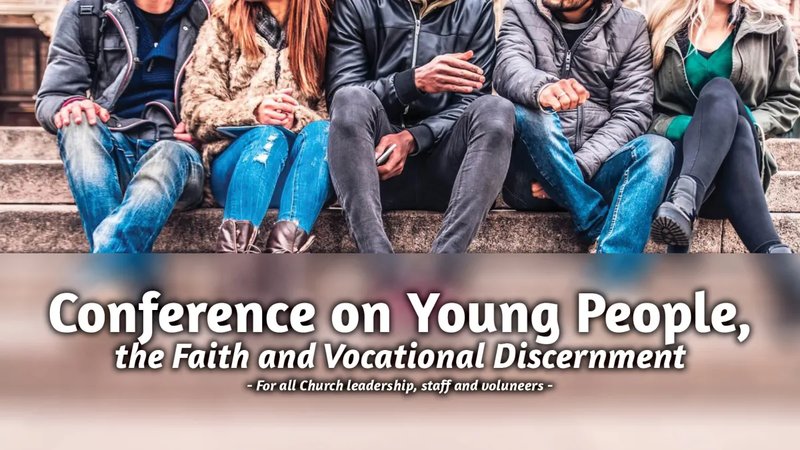· Youth & Future · 5 min read
Revolutionizing Christianity: 5 Emerging Church Trends Driving Digital Innovations and Social Justice
Explore how emerging church trends like digital innovations, micro-church movements, and social justice initiatives are reshaping Christianity towards environmental stewardship and urban church planting.

Revolutionizing Christianity: 5 Emerging Church Trends Driving Digital Innovations and Social Justice
Keywords: Digital church innovations, Micro-church movements, Environmental stewardship, Social justice ministry, Urban church planting
In recent years, Christianity has witnessed significant changes in its practices and approaches. As technology continues to advance and society evolves, the church has embraced digital innovations and social justice initiatives to revolutionize its impact. In this article, we will explore five emerging church trends that are driving these transformations: digital church innovations, micro-church movements, environmental stewardship, social justice ministry, and urban church planting.
1. How are digital church innovations reshaping the Christian landscape?
Digital church innovations have transformed the way Christians engage with their faith by leveraging technology to enhance worship experiences and reach a broader audience. Online sermons, live streaming services, and interactive virtual communities have become commonplace in many churches. According to research conducted by Barna Group, most people do not intentionally choose between attending physical or digital services; instead, they engage with both.
The United Methodist Church emphasizes the importance of true stewardship in the digital church context. It encourages churches to create life-changing content rather than merely focusing on algorithm-friendly content. This approach ensures that the digital church remains authentic and impactful. By embracing digital innovations, churches can extend their reach beyond physical boundaries and provide spiritual support to individuals who may not have access to traditional brick-and-mortar churches.
2. What are micro-church movements, and how are they contributing to the future of Christianity?
Micro-church movements are small gatherings of believers that focus on creating intimate communities for worship and discipleship. These movements aim to foster deep connections among members and empower them to actively participate in ministry.
The Underground Network based in Tampa Bay is an example of a micro-church movement that has seen significant impact through custom contexts. With over 150 microchurches operating within a larger church expression, the Underground mobilizes, resources, and empowers these smaller groups to lead fresh expressions of faith. Micro-church movements provide an alternative to traditional church structures and offer a more personalized and relational approach to Christianity.
3. How is environmental stewardship becoming a crucial aspect of Christian faith?
Environmental stewardship has gained prominence within Christianity as believers recognize the importance of caring for God’s creation. Christians are increasingly embracing the call to be good stewards of the earth and are integrating environmental consciousness into their faith practices.
The digital transformation of the church has played a significant role in promoting environmental stewardship. By adopting digital technologies, churches can reduce their carbon footprint by minimizing paper waste, lowering energy consumption, and decreasing travel requirements for congregants. Additionally, many churches are incorporating eco-friendly practices into their operations, such as using renewable energy sources and implementing recycling programs.
4. How is social justice ministry driving change within Christianity?
Social justice ministry has become a focal point for many Christians, as they seek to address systemic injustices and promote equality and compassion. The gospel message of love and justice compels believers to actively engage in social issues such as poverty, racial inequality, and human rights.
Churches are increasingly taking on social justice initiatives by partnering with local organizations, advocating for policy changes, and organizing community outreach programs. The COVID-19 pandemic has highlighted the urgency of social justice work, with churches stepping up to provide support to vulnerable populations and address systemic disparities.
Seattle Pacific University emphasizes the need for new theological and technological resources to navigate the challenges posed by the pandemic and the emerging social awareness around social justice issues. As churches embrace digital extensions of their ministries, they have an opportunity to amplify their impact through online activism, education, and resource sharing.
5. How is urban church planting reshaping Christianity in urban areas?
Urban church planting has emerged as a strategic approach to reach people in densely populated urban areas. As cities continue to grow, the need for churches that cater to the unique needs and challenges of urban dwellers becomes crucial.
Church planting in urban areas often involves adapting traditional models to fit the urban context. Many urban churches prioritize community engagement, social justice initiatives, and holistic approaches to ministry. By intentionally planting churches in urban centers, believers can address the spiritual, social, and economic needs of diverse urban communities.
Digital Today, Physical Tomorrow (Phygital) church planting is becoming a necessity due to factors such as the COVID-19 pandemic. Churches are forced to make decisions about delaying physical launches or launching digitally-first. This approach allows new church plants to establish a digital presence while preparing for physical gatherings in the future.
In conclusion, Christianity is undergoing a transformation driven by digital innovations and a renewed focus on social justice. The digital church has expanded the reach and impact of Christianity by providing accessible worship experiences and community engagement opportunities. Micro-church movements offer intimate and personalized expressions of faith, while environmental stewardship promotes responsible care for God’s creation. Social justice ministry addresses systemic injustices and promotes equality, and urban church planting caters to the unique needs of urban communities. Embracing these emerging trends empowers Christians to revolutionize their faith practices and make a positive impact on the world around them.
“Perhaps, in this digital age, the Widow’s Offering story (Mark 12:41-44, Luke 21:1-4) might translate to the Widow’s ‘Like’. It may seem small, but your contribution…” - The United Methodist Church
“Despite a reported initial surge in online attendance and subsequent slump, new polling by the Barna Group shows a rather surprising reality.” - Outreach



